
Applications for the 2026-27 cohort of the UO Leadership Academy are now closed. Applications are typically open from November-January.
The UO Leadership Academy is a participatory leadership development program for mid-level administrative and academic leaders at the UO. A diverse group of 30 participants, made up of mid- and senior-level changemakers, will be selected to participate in each year’s cohort through an application process. Questions about the UO Leadership Academy may be directed to leadershipacademy@uoregon.edu.
2025-26 Cohort | Past Graduates | Program Background | Curriculum & Objectives | About Us
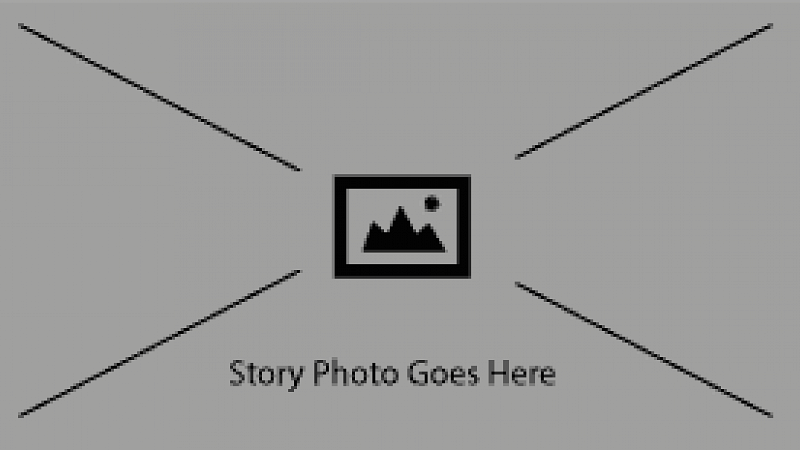
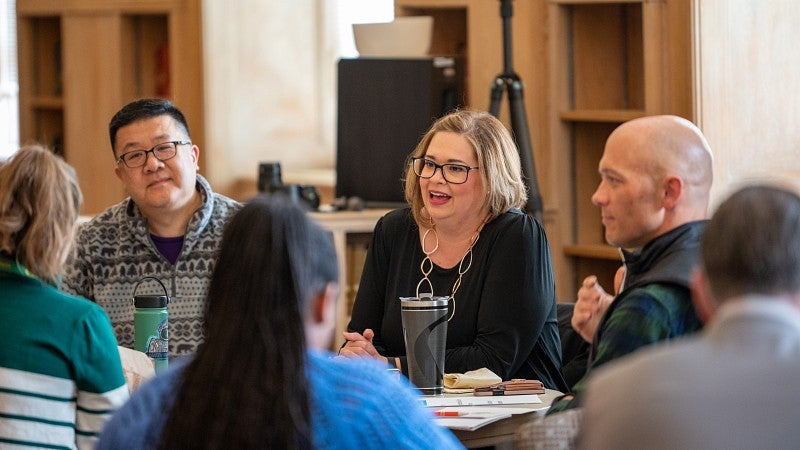
Our Values
The academy aligns with the university's commitment to diversity, equity, and inclusion—it is integral to our collective learning and our effectiveness as leaders. The academy serves the university’s broader mission by developing administrators and faculty who feel empowered to address complex challenges and work collaboratively to cultivate more equitable environments across (and beyond) campus.
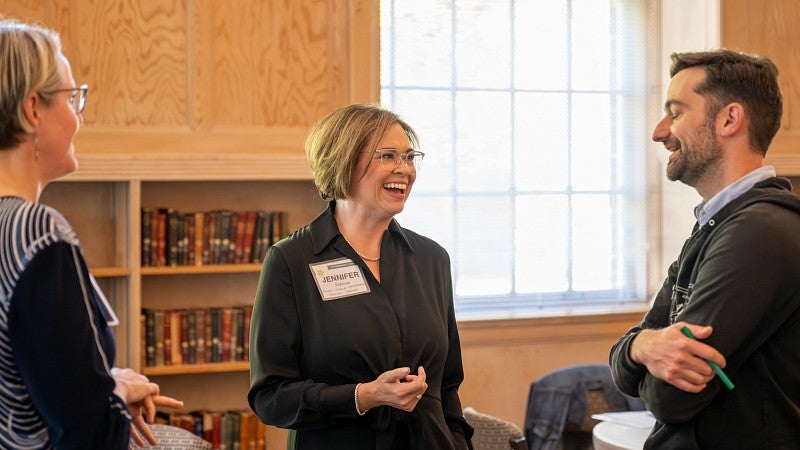
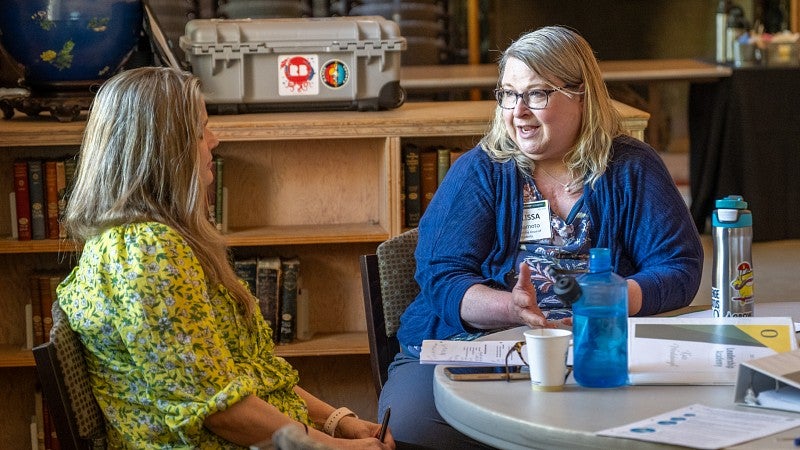
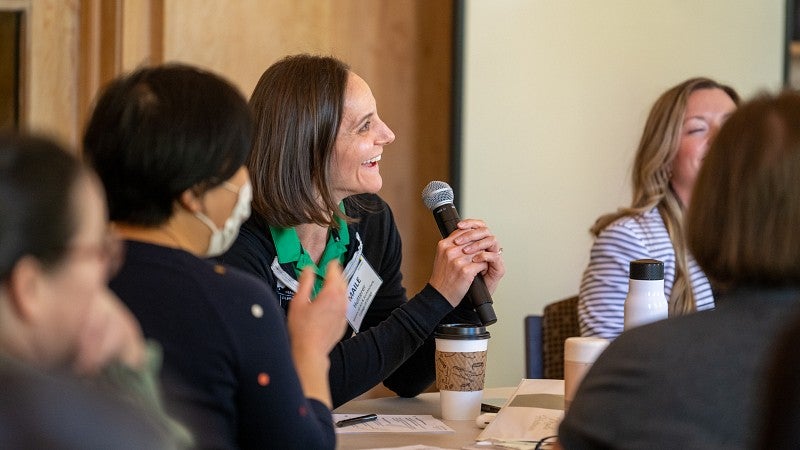
Our Impact
The UO Leadership Academy is having an increasingly transformational impact across the University of Oregon community. Not only do participants come away with tools for enacting inclusive leadership in their own careers, they share what they’ve learned with their colleagues and act as models of good leadership for students too. Hear what Leadership Academy graduates are saying about their experience.
"The Leadership Academy creates one of the safest and most supportive spaces on campus to explore what it truly means to be a leader at the University of Oregon. Our facilitators Jennifer and Sierra helped each participant to cultivate meaningful relationships, take advantage of valuable networking opportunities, and engage in thoughtful dialogue. Most importantly, we held each other accountable for taking the actions necessary for growth. Whether we tackled professional or personal development, the Leadership Academy delivered on both fronts."
— Rayna Jackson, Director of Communications for the University of Oregon Alumni Association
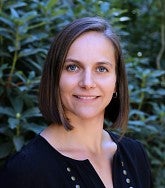
"Leadership Academy was an incredible way to meet colleagues from different parts of campus—some I didn’t even know about. The connections I made taught me so much about how the university works. Leadership Academy introduced me to different ways to think about how people communicate. Those lessons have helped me reframe and rethink all kinds of professional relationships that I found challenging."
— Maile Hutterer, Associate Professor and Department Head, History of Art and Architecture in the College of Design
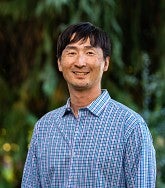
“I gained a better understanding and awareness of myself and my strengths,” Rhee said. “We talked a lot about your ‘personal why’ — your purpose — and the core values we have as individuals.”
— Gene Rhee, Executive Director of Mohr Career Services in the Lundquist College of Business
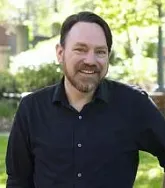
“There aren’t as many moments as perhaps there should be for people to carefully think through what they want to accomplish and what their role should be. The core part of it was doing that introspective work – doing an inventory of some strengths and some weaknesses and to learn how to approach working in teams, where we can lean into our strengths and encourage others to do the same.”
— Mike Urbancic, Senior Instructor of Economics and President of United Academics of the University of Oregon
